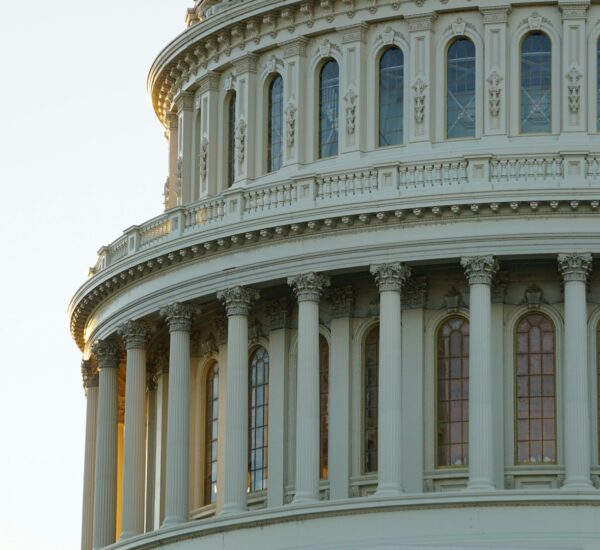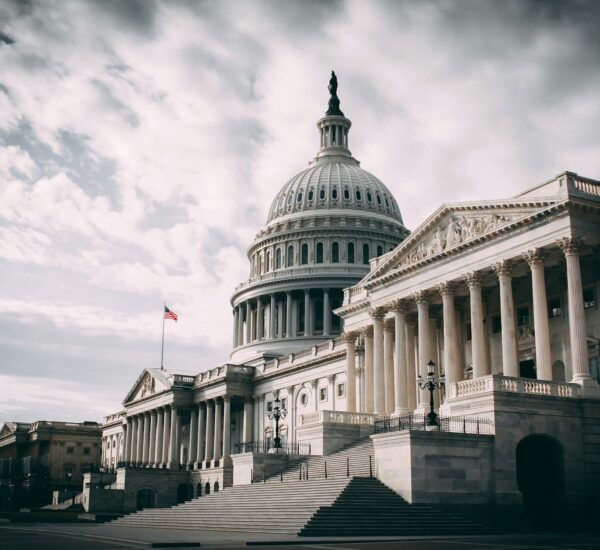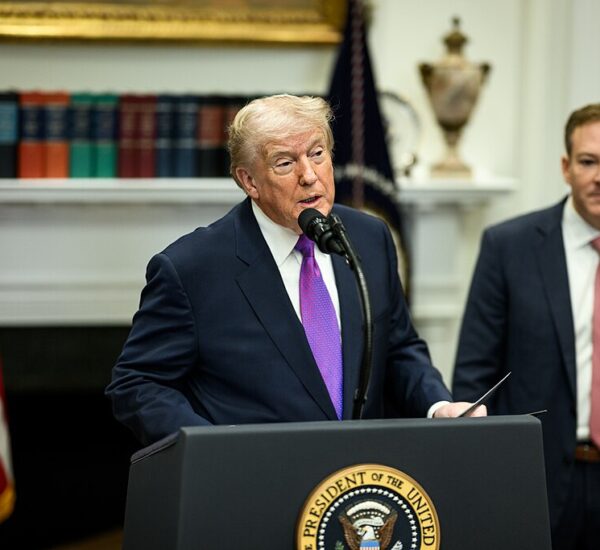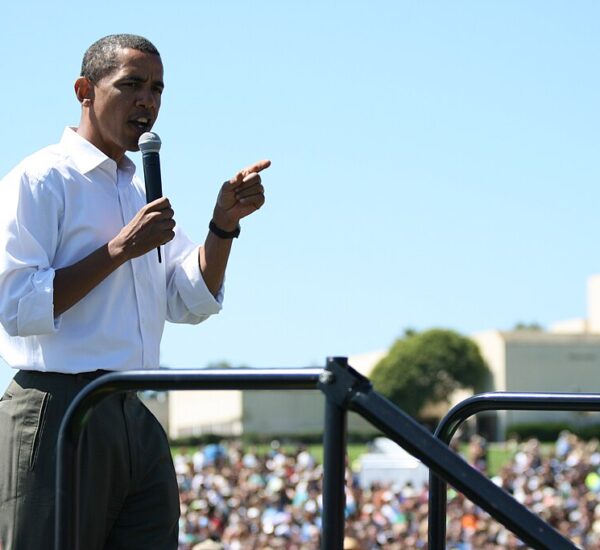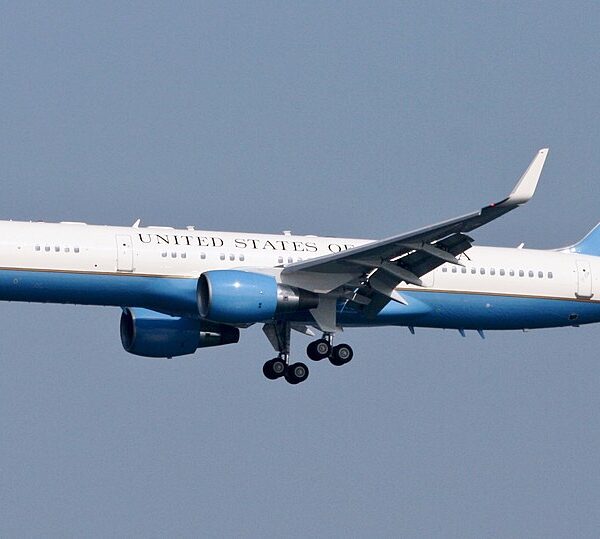Greenland pushes back as Washington ramps up Arctic ambitions
In a surprising turn of events, Greenland’s government has publicly denied inviting a U.S. delegation set to arrive this week—raising eyebrows and stirring fresh controversy around America’s growing interest in the Arctic.
Usha Vance, wife of Vice President JD Vance, is scheduled to land in Greenland on Thursday, accompanied by National Security Adviser Mike Waltz and Energy Secretary Chris Wright. The Biden administration has framed the trip as a diplomatic effort—but local leaders say otherwise.
According to Greenland’s leadership, no official invitation was extended—contradicting claims made by former President Donald Trump, who told reporters that Greenlandic officials had personally requested a U.S. visit. “People from Greenland are asking us to go there,” Trump said on Monday.
But Greenland quickly shot down the statement, issuing a sharp public rebuke.
“Just for the record, Naalakkersuisut—the Government of Greenland—has not extended any invitations for any visits, private or official,” the administration posted on Facebook.
The reaction has sparked immediate backlash across Greenland. Outgoing Prime Minister Múte B. Egede accused the U.S. of aggressive overreach, stating, “This cannot in any way be characterized as a harmless visit. The only purpose is to demonstrate power over us.”
Rising Arctic Tensions—and Strategic Stakes
This isn’t the first time Washington has eyed Greenland. During his first term, President Trump made headlines by proposing the United States acquire Greenland outright—citing national security concerns and the island’s vast untapped mineral resources, including rare earths vital to defense and energy industries.
Now, back in the spotlight, Trump is renewing calls to secure Greenland for America, calling it an “absolute necessity.” He has not ruled out using economic or military leverage to do so.
Earlier this year, Donald Trump Jr. visited the icy territory to gauge public sentiment. The trip was widely panned by local lawmakers as a “staged political stunt,” with Greenland’s elected parties unanimously rejecting the idea of U.S. annexation.
Local Resistance, Global Implications
Greenland, while self-governing, remains a territory under the Kingdom of Denmark. And both Greenlandic and Danish leaders have pushed back hard against U.S. advances.
Pipaluk Lynge, chair of Greenland’s foreign and security policy committee, told Politico that Trump’s claim about an invitation was “not true.” She confirmed a protest is planned in the town of Sisimiut when Usha Vance arrives, following several demonstrations in recent weeks.
“We are protesting politically as the people of Greenland,” she said.
Polls show an overwhelming majority of Greenland’s citizens prefer full independence over becoming part of the United States.
Yet the island’s strategic Arctic location and abundant resources make it a key player in the 21st-century battle for influence between the West, Russia, and China. With growing concerns over Arctic militarization, shipping lanes, and energy control, Greenland is now front and center in U.S. national security discussions.
What This Means for America
As tensions mount, many Americans are questioning the Biden administration’s priorities—and whether the current leadership is acting in the nation’s best interest.
The optics of sending a politician’s spouse and unelected insiders overseas, without official approval, raise serious concerns about transparency, overreach, and long-term U.S. strategy.
One thing is clear: Greenland is no longer just a distant island covered in ice—it’s a high-stakes geopolitical flashpoint that could shape the future of America’s energy independence and global standing.

